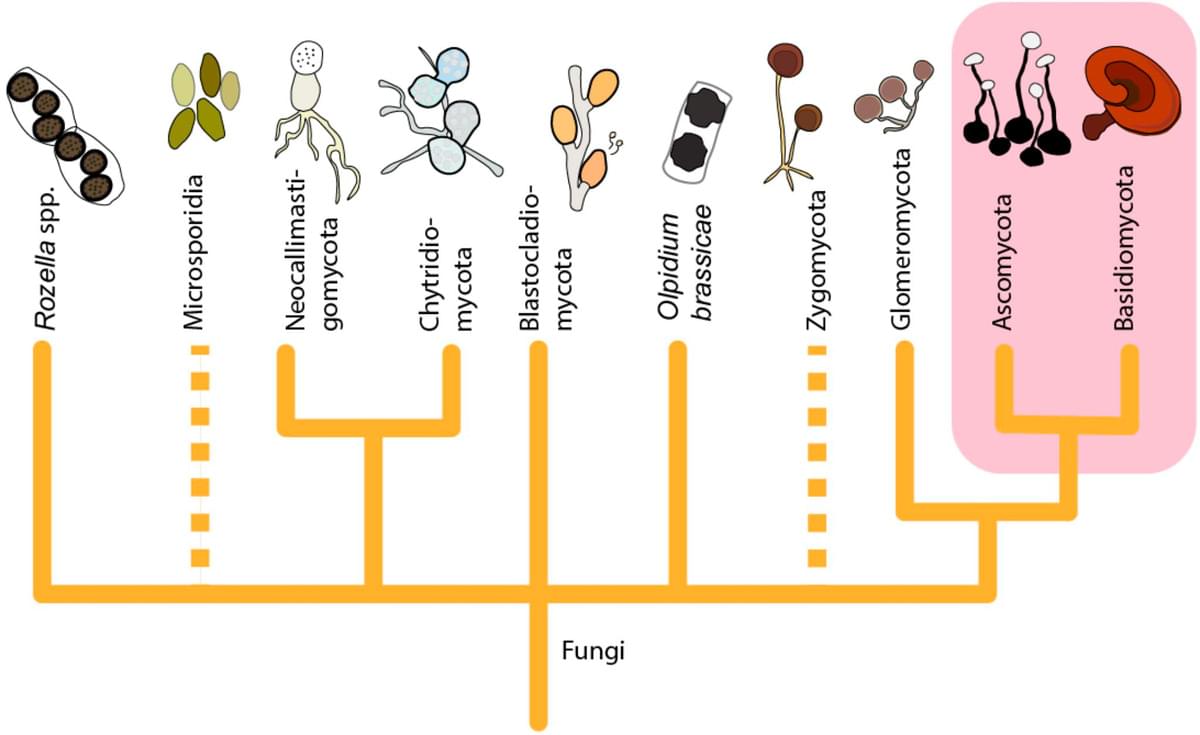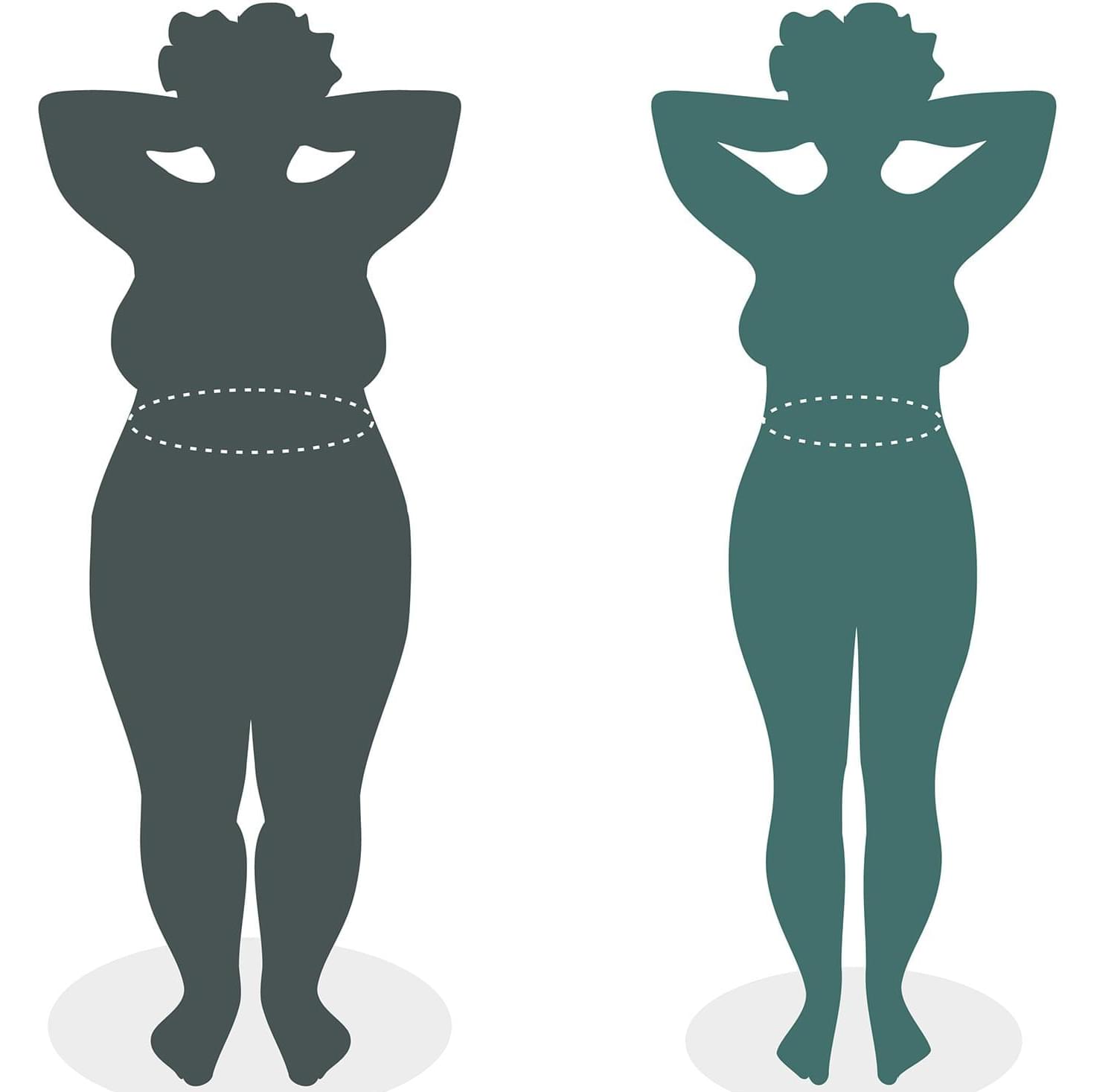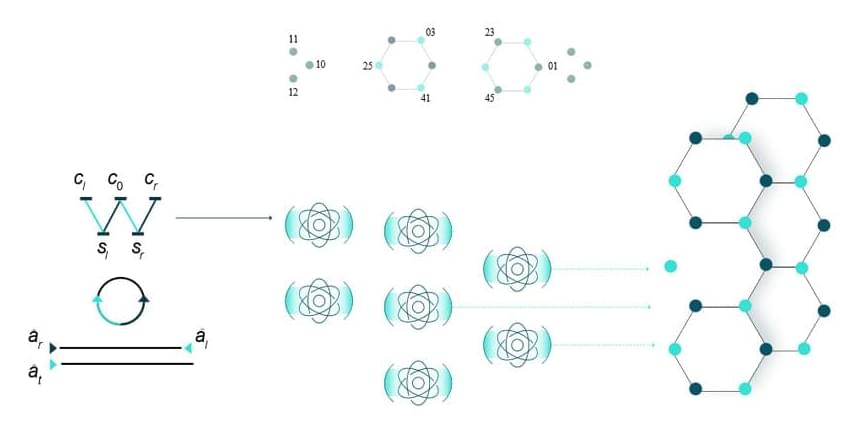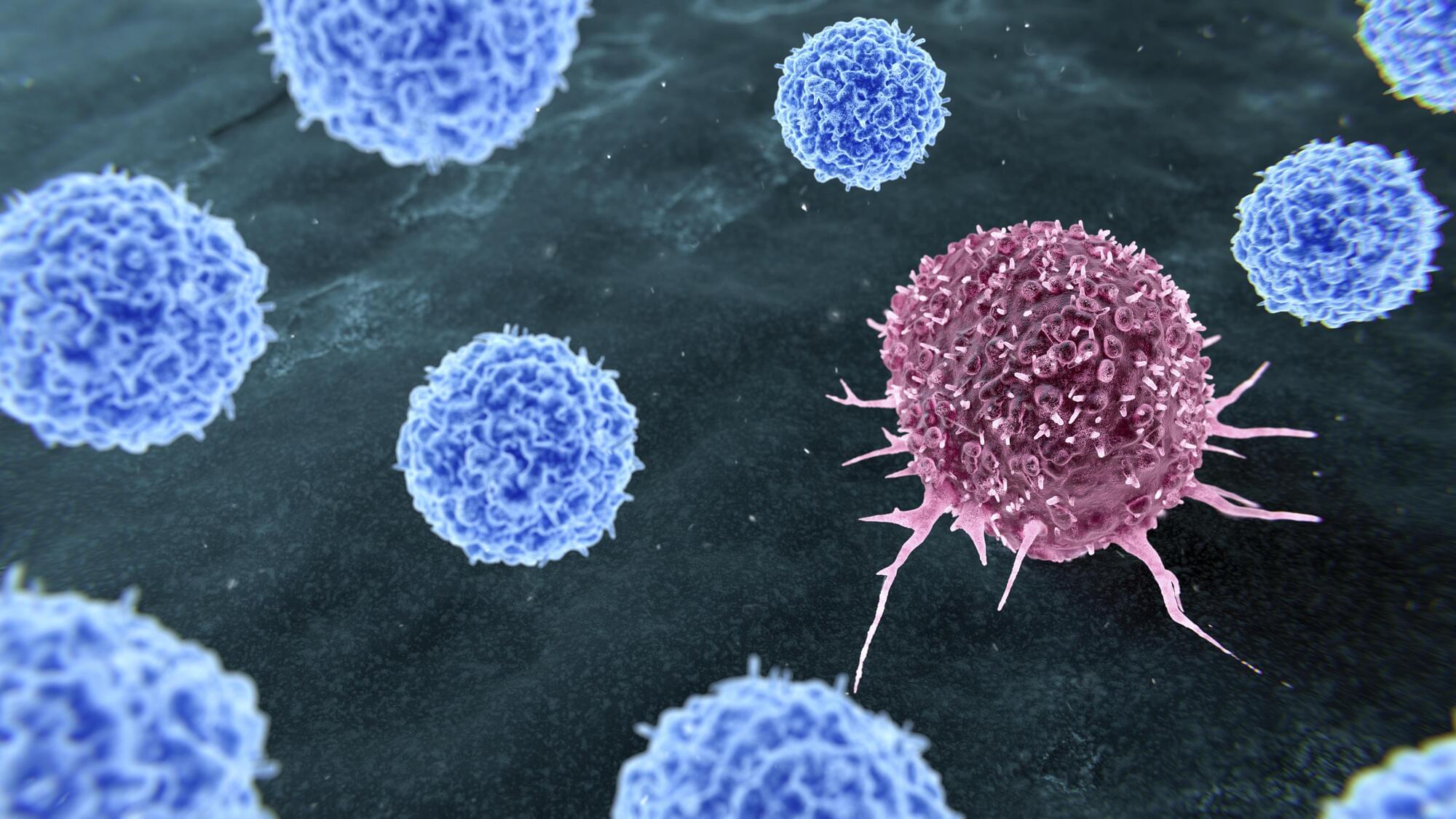Big News! My New Audiobook The Intelligence Supernova is Now Live! 🎧 I’m thrilled to announce the release of the audiobook edition of The Intelligence Supernova: Essays on Cybernetic Transhumanism, the Simulation Singularity & the Syntellect Emergence. This project has been incredibly close to my heart—it dives deep into the unfolding convergence of advanced AI, consciousness, and our collective evolution beyond biology. In this book, I explore the concept of the “Intelligence Supernova”—a coming explosion of synthetic and post-biological intelligence that may soon give rise to a planetary-scale mind, the Syntellect. It’s a philosophical and scientific journey that challenges you to imagine what lies beyond the Technological Singularity: digital immortality, mind-uploading, the emergence of infomorphs, and the architecture of a conscious Universe. This audiobook is for futurists, technophilosophers, and all curious minds ready to glimpse humanity’s metamorphic future. If you’re drawn to ideas like cybernetic immortality, experiential realism, or the Omega Point Cosmology, I think you’ll find this work especially meaningful.
Now available on Amazon: Audible: https://www.audible.com/pd/The-Intelligence-Supernova-Audiobook/B0FGZ3JMPM #IntelligenceSupernova #CyberneticTranshumanism #SimulationSingularity #SyntellectEmergence #SyntellectHypothesis #cybernetics #singularity #transhumanism #posthumanism #AGI #superintelligence
Amazon.com: The Intelligence Supernova: Essays on Cybernetic Transhumanism, The Simulation Singularity & The Syntellect Emergence (Audible Audio Edition): Alex M. Vikoulov, Ecstadelic Media Group, Virtual Voice: Books.








